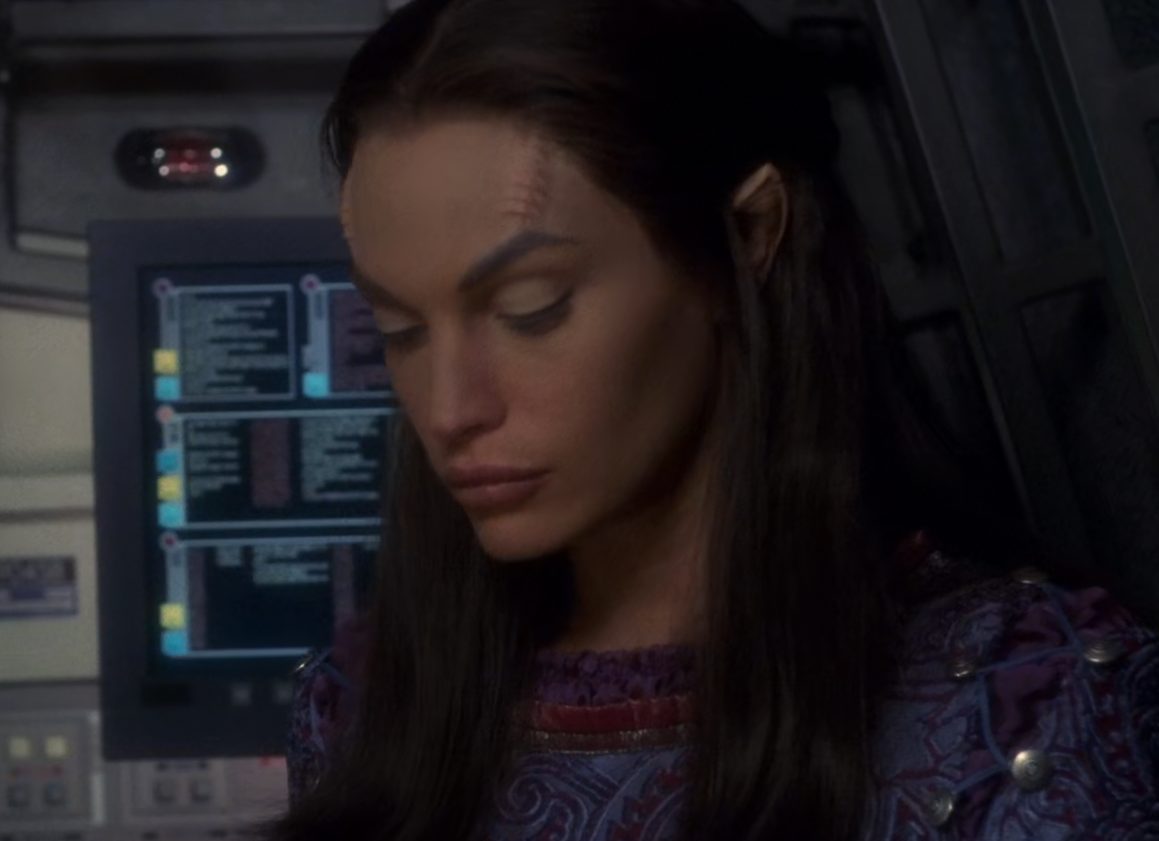Using 1,454,942 maximum size and minimum error correction QR codes in alphanumeric mode (byte mode is a lie) to store Base64-encoded binary data, you get roughly 4,687,823,124 bytes. 4.6 GB. If the cards are two-sided we get 9.2 GB.
Minimum size of Windows 11 installer image seems to be 8 GB, so it checks out!
Why Base64? QR codes can contain pure binary data, no need to use this inefficient, not-error-correcting 6-to-8 encoding.
Oh, I forgot Microsoft does not care jack shit about saving people’s computing resources. However, Windows 9x installers on floppies used custom formatting except the first bootable one, allowing them to fit nearly 2 MB of useful data per floppy.
They can contain binary data, but less of it. Not sure of the details, but you get 3k bytes if binary data or 4.2k alphanumeric letters. So no big difference all in all, which is a bit silly.
Also, many QR scanners can’t handle binary data and freak out on null values or newlines.
We must consider the practical side of installing Windows 11 from a semitrailer load of cardboard.
The alphanumeric mode does not support lowercase though, it has 5.5 bits/char (pairs of characters are encoded as a base-44 numbers in 11 bits).
Shit!
How do I cancel a print job.
Well, here I go printing 1244 pages of QR codes to store tinycorelinux for the after times.
Better figure out how to code a QR reader in pure machine code as well.
It’s cool, you can teach yourself to decode QR by hand
Which is why that optar thing is probably the better option.
Optar is the first time I’ve seen someone seriously present their project as compatible (even claiming that is possibly the optimal use case) with IP over avian carriers. Craziness, but well done.
Damn. Now that’s some lovely stuff!
Nice!
Though if they were double sided, there is no way we can see all these cards in the same shot. If it starts at odd numbers (i.e. #1), #3 and #4 would share the same card front and back, if it starts even (i.e. a cover graphic and #1 on the same card), #4 and #5 should share the same card front and back.
Card#1, Card#1 back, Card#2, Card#2 back, etc is what you need to get 9GB out of the 1,454,492 card numbers indicated. :)
Right, didn’t think of that :)
Can you notch the corner and make a card double the capacity?
What are these two sided QR code cards from the future? Did you ever play Monkey Island without a hard drive in 1989?
So that would be installing from…
Puts on sunglasses
Optical media?
YEEEEEEAAAAAAHHH!
KolibriOS, arguably the smallest modern GUI OS at 1.44MB, could be encoded on ~142 of them. I shouldn’t find that interesting but I do. MikeOS, which is an operating system used to teach about OS design, could fit on ~74.
Making this a very dumb very impractical but nonetheless legitimately viable method for non-electromagnetic OS storage.
I see an engraved stone wall with people slowly moving infront, each scanning a new qr code…
Laminated paper qr codes for long-term storage could last centuries, possibly much more than an hard drive or a flash drive. That would probably outlive any computer it couls be used on, but it’s an interesting solution.
You might enjoy this: https://youtu.be/ExwqNreocpg
Lol, i use qrencode for years in a tiny little function to display URL in the image viewer.
Btw, Unixes used
lf, Mac decided oncr, and that’s why MS usedcr lf, for compatibility. Did i remember that right?I think I knew the answer to that last question about twenty years ago, but I can’t answer it with any guaranteed accuracy now, sorry.
Actually … I thought it was carriage return (emulate sending the typewriter carriage back to the starting position), line feed (emulate typewriter moving paper up by one line). Or, to put it another way: ding!
For those wondering, when using the biggest QR code with the maximum error correction (10,208 bytes), 1,454,942 QR codes is slightly less than 14GiB, which should be more than enough for a Windows ISO.
My math:
(1454942×10208)÷1024÷1024÷1024≈13.83Edit: Damn another guy beat me to it, now I wonder how I’m so far off.
Because the other comment had a
uselesscounterproductive step in it, namely base64.Maybe, but also I think I was looking at the raw ‘data bits’, not ‘binary’ data. It’s actually almost exactly 4GiB, even when dropping down to minimum error correction (1.7 GiB otherwise).
(1454942×2953)÷1024÷1024÷1024≈4.00Edit: So if alphanumeric mode could store lowercase letters, base64 would’ve stored more.
The only thing that would top this would be using punch cards. I think that’d be around 58 million punch cards for Win11.
Windows 11 laptops are required to have a webcam but not a punch card reader. (Bummer, right?)
Seriously?
Will it know it’s a laptop and not a desktop and not let me install if there is not a webcam?
This applies to device-tied installations (PCs that come with Windows 11 preinstalled). Microsoft will not allow manufacturers to sell a laptop without a webcam this way. It needs to be HD at 15 fps, too.
I always cover the punch card reader with a piece of tape, so no one can watch me jerking off to pong on my zoom calls.
https://en.wikipedia.org/wiki/Core_rope_memory
Some back of the napkin math says that would take about 70833 ft^3 to store the Win 11 installer. Thats a cube that is about 41ft long on each side. It’s approximately 18.5 semi truck trailers of memory.
ITT math nerds doing nerd math
I thought it would be cool to have qr-code stickers that when scanned would be an ebook.
Sadly, they don’t hold enough data and I could not find any kind of compression that would help.
I know it could be linked to a server, but then it’s reliant on an internet connection and for the server to be active.
I love that idea. The first result I got on DDG says that QR codes can hold up to 3KB of data, 7,089 numeric, or 4,269 alphanumeric characters, so (very short) short stories should work!
Or book chapters, spread out across the city or town, with clues at the end of where the next chapter is located, forcing readers to explore the town, as they look for the next chapters in the epic they’re reading, all while living their very own epic in the process.
Now that’s a run-on sentence.
love it!
You could even incorporate the (route through the) city in the story…
I love that!!
Hopefully I’ll have time soon, and I’ll start this. If I do do this, I’ll open source it. Anyone know of a git type thing for books/stories?
Do it! You have my support (which isn’t worth much, but hey!).
So you see SCOTUS, the government can’t tell me to shut down my windows 11 printing press, because I’m reporting on its color scheme and people need to have a copy to understand my journalism.
So that’s why Windows 11 laptops are required to have a webcam but no optical drive.








